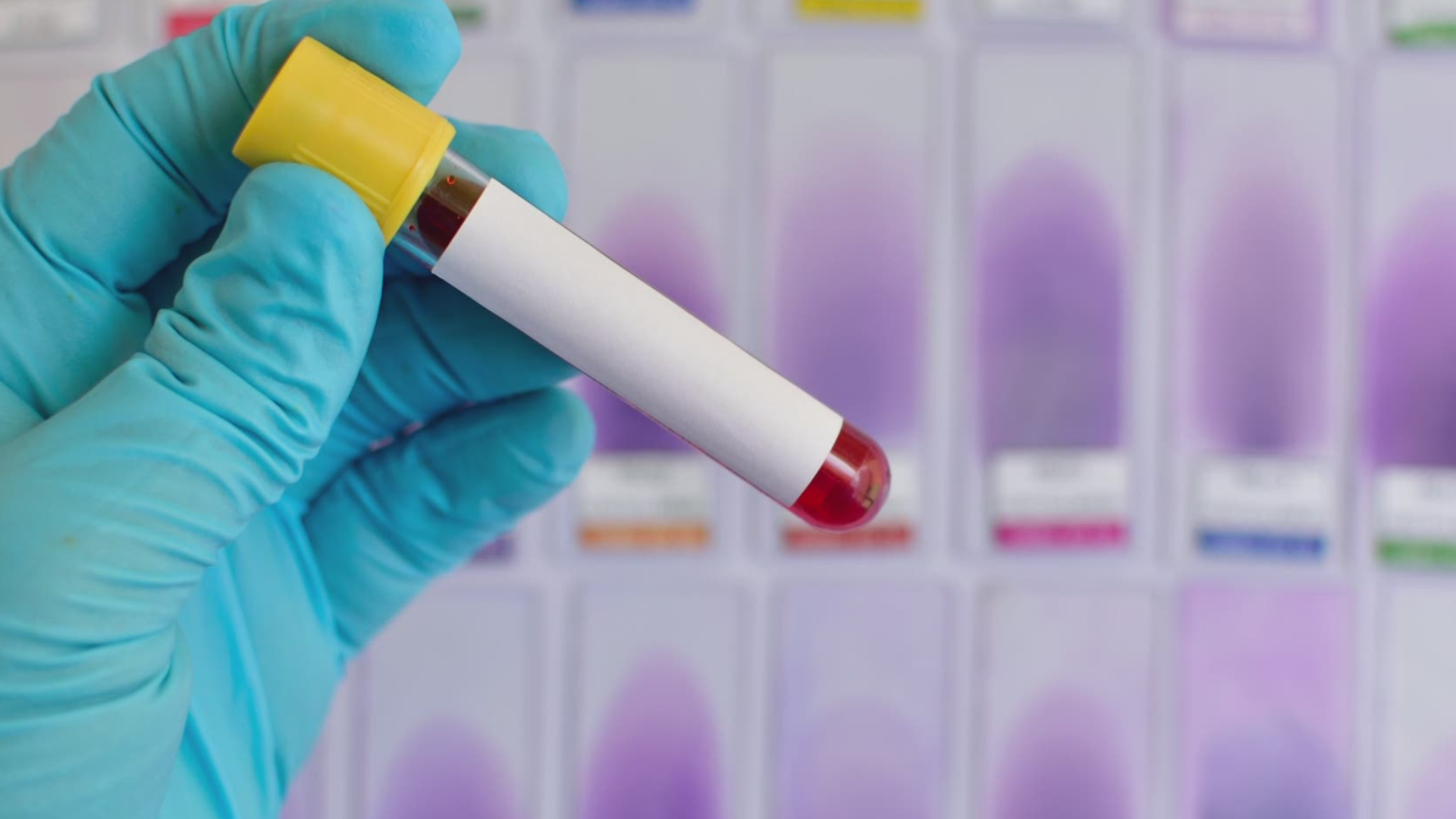ST. PETERSBURG, Fla. — The more transmissible delta variant continues to dominate in the U.S., currently accounting for more than 80 percent of all new COVID-19 cases, according to data from the CDC.
But scientists are continually monitoring other variants of the virus currently circulating.
Now a variant first seen in South America is reportedly showing up in COVID-positive patients in a south Florida hospital.
THE QUESTION
Is there a new COVID-19 variant from Colombia now present in Florida?
THE SOURCES
- Andrew Pekosz, virologist at the Johns Hopkins Bloomberg School of Public Health
- John Moore, professor of microbiology and immunology at Weill Cornell Medical College
- Dr. David Andrews, chief of pathology at Jackson Health System and associate professor in the Department of Pathology and Laboratory Medicine at the University of Miami’s Miller School of Medicine
- U.S. Centers for Disease Control and Prevention (CDC)
- World Health Organization (WHO)
THE ANSWER
Yes, doctors at Jackson Health System in South Florida confirm the COVID-19 variant first discovered in Colombia has accounted for about 10 percent of their coronavirus patients.
WHAT WE FOUND
As hospitals once again report increased admissions of COVID-19 patients and cases statewide surge due to the delta variant, doctors in south Florida say another coronavirus variant is now present.
The Colombian variant, known as the B.1.621 variant, currently accounts for about 10 percent of the recent cases seen in COVID-positive patients at Jackson Health in Miami, confirms Dr. David Andrews.
Andrews is the chief pathologist at the hospital who has been working on the genetic sequencing of the virus in the University of Miami’s pathology lab.
“We found it,” he said. “But we don’t know yet how much of a presence this is, so we’re going to be doing sequencing weekly now for the next several weeks and I think it’s going to become apparent whether it’s a trend or an isolated observation.”
Andrews speculates the cases are link to international travel between Latin America and Miami.
"Our community is so international," he said. "So I believe it’s just natural."
The earliest cases of the Colombian variant were documented in January, according to the World Health Organization, which currently only classifies the variant as one requiring “further monitoring.”
It hasn’t been given a Greek letter designation yet either like other variants.
“We don’t know a lot about the Colombia variant,” said John Moore, professor of microbiology and immunology at Weill Cornell Medical College.
“We do know it dominated the pandemic in some South American countries and it seems to have spun off from a virus circulating in Brazil that acquired additional mutations.”
But he said the primary focus should remain on delta.
“Sure, let’s keep an eye on it [the Colombian variant] but let’s not elevate it beyond what it is at present: a relatively small number of infections in the U.S.A.,” he said.
Currently, the Colombian variant accounts for just about 2 percent of cases in the U.S., according to the Centers for Disease Control and Prevention, which hasn’t yet classified it as a variant of concern or even of interest.
The delta variant, now dominant in the U.S., accounted for just 2 percent of all cases two months ago.
The good news, said Andrew Pekosz a virologist at the Johns Hopkins Bloomberg School of Public Health, is the vaccines don’t appear any less effective against most of these variants, so far, including the B.1.621 Colombian strain.
But questions remain about transmissibility and whether it's more contagious, like delta, he said.
“The Colombian variant is very spotty across the U.S.,” Pekosz said. “We’ve only had a handful of cases in Baltimore where I’m at, there’ve been some cases in New York City. It’s never established itself as a dominant virus in any geographic area.”
Pekosz, Moore and Andrews all stressed that the vaccines available right now can help keep these viruses from mutating and further spreading.
“It’s these kinds of viruses the vaccine can protect against and the more we vaccinate the less opportunity we have of these variants emerging,” Pekosz said.
Moore put it more bluntly: “There needs to be butts kicked so that arms are sticked.”
- Lightning's national anthem singer moves to ICU days after COVID-19 hospitalization, husband says
- Who needs to mask up in Florida? Pretty much everyone, per CDC guidance
- Despite new CDC guidance, masks to stay optional in Hillsborough, Pinellas schools
- Red tide levels in Tampa Bay at their worst in decades
- Rescued seahorse gives birth to hundreds of babies at Clearwater Marine Aquarium
►Breaking news and weather alerts: Get the free 10 Tampa Bay app
►Stay In the Know! Sign up now for the Brightside Blend Newsletter

